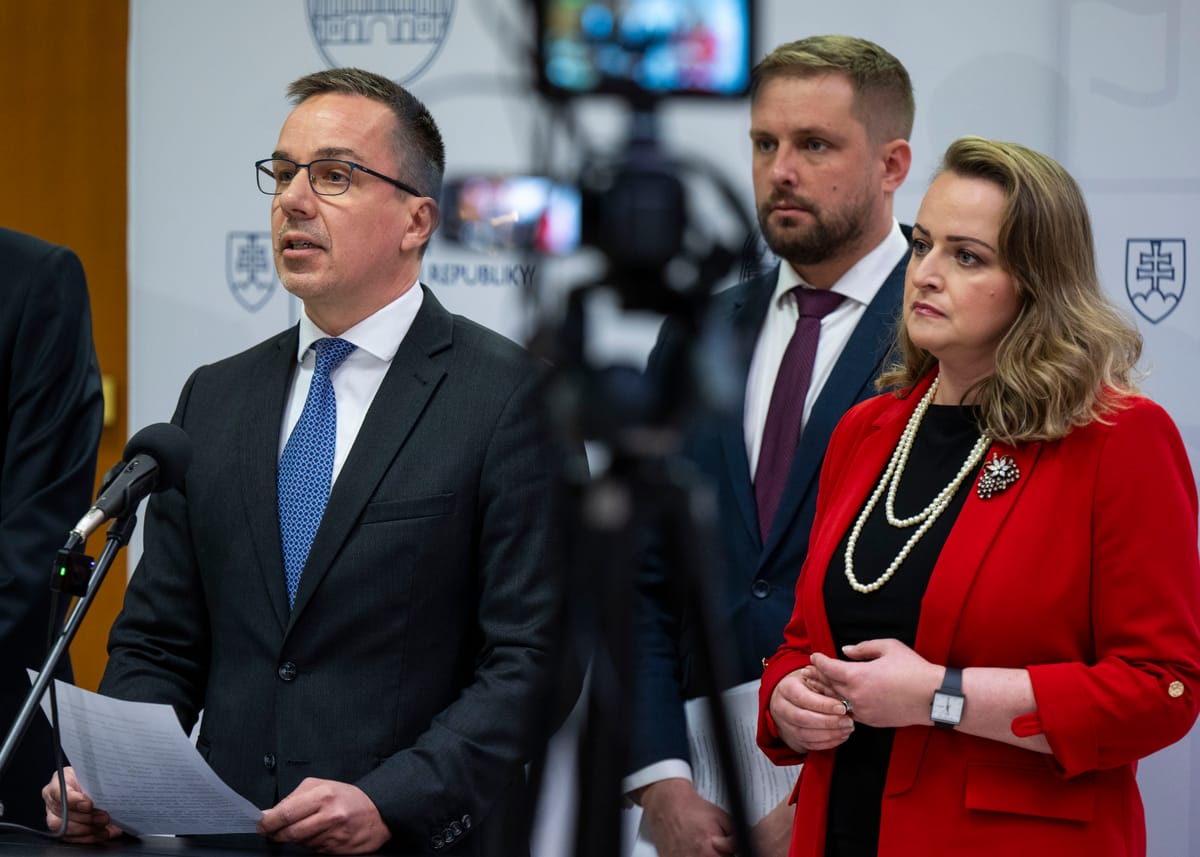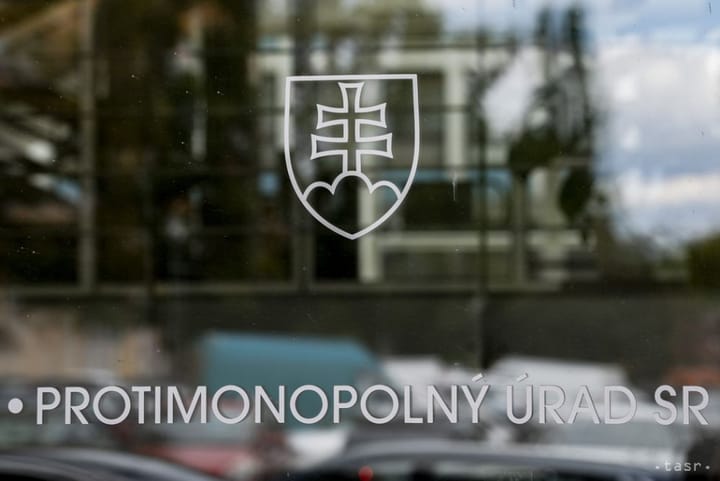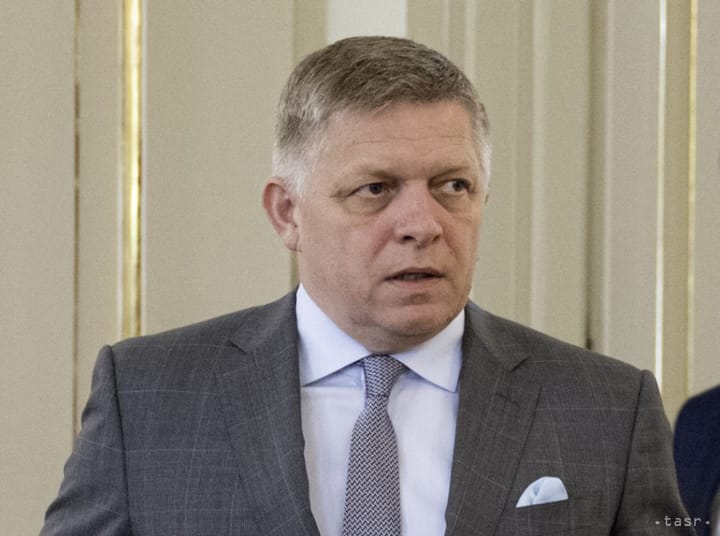Tripartite Calls for Dialogue That Would Bring Solution for Health Care
The social partners in the Economic and Social Council have called for a constructive dialogue that would lead to an agreement and calm down the situation in the health-care sector, reads a statement adopted at a meeting of the tripartite council on Monday.

Bratislava, December 9 (TASR) - The social partners in the Economic and Social Council (tripartite) have called for a constructive dialogue that would lead to an agreement and calm down the situation in the health-care sector, reads a statement adopted at a meeting of the tripartite council on Monday, dedicated to the situation in the health-care sector.
Labour Minister Erik Tomas (Voice-SD) expressed his concern over the current situation caused by the threat of mass resignations by doctors and the risk of health care becoming unavailable. He said that the life and health of people must come before conflicts between the Health Ministry and the Doctors Trade Union (LOZ). "We do respect the fact that trade unions have a legal right to defend their interests, but the way in which they're doing it shouldn't result in the sector being paralysed. On the other hand, the state has an obligation to protect the constitutional right of its citizens," said Tomas.
According to Tomas, nobody at the council meeting questioned the government's resolution on the possibility of declaring an extraordinary situation if health care becomes critically inaccessible. "However, we all view it as a last resort and believe that it won't have to be applied. Therefore, we're calling for a constructive dialogue leading towards agreement and an easing of tension," he stressed, adding that the tripartite partners are ready to engage in seeking an agreement.
Trade Union Confederation (KOZ) chair Monika Uhlerova also called for talks to continue with the aim of finding agreement. She said that one suitable step in seeking an acceptable compromise would be to invite other relevant parties - representatives of employers or other trade unions operating in the health-care sector - to the negotiations. "With such a broadly conceived platform, it would be possible to achieve societal reconciliation and agreement," she stated.
Association of Employers' Unions (AZZZ) vice-chair Rastislav Machunka pointed to an open letter that the association addressed to LOZ chairman Petr Visolajsky last week. It stated that mass resignations by doctors could have serious impacts on the Slovak economy. AZZZ argues that health care would become lass available, which would lead to an increase in sickness rates and employee absences, as well as increased costs for employers. In the current situation AZZZ supports a step adopted by the government on Sunday (December 8) concerning the possibility of declaring an extraordinary situation. "Every manager must prepare himself for a crisis and have a plan B," added AZZZ.
The government on Sunday passed draft legislative amendments making it possible to declare an extraordinary situation if health care becomes critically unavailable. Health-care professionals would be obliged to provide health care during such an extraordinary situation.



